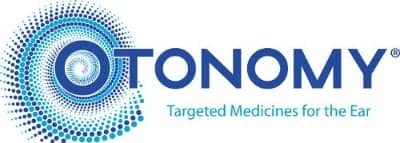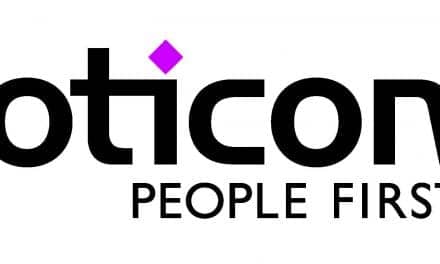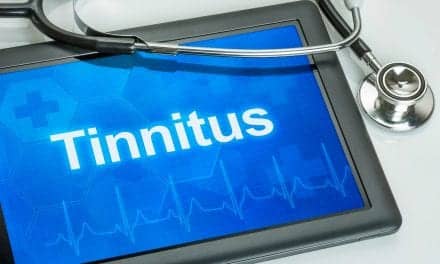Otonomy, Inc. (NASDAQ:OTIC), a San Diego, Calif-based biopharmaceutical company focused on the development and commercialization of therapies for diseases and disorders of the ear, announced a set of immediate actions to preserve capital, extend its cash runway, and build shareholder value following the recent negative AVERTS-1 Phase 3 trial results for OTIVIDEX in Ménière’s disease, Otonomy announced.
The immediate steps the company is taking include the following:
- As previously announced, all development activities for OTIVIDEX have been suspended including termination of ongoing clinical trials and pre-registration support efforts. Data collected from the clinical trials will be reviewed to better understand the AVERTS-1 trial failure, advise any future development efforts in indications other than Ménière’s disease, and support potential monetization of the asset.
- Following the suspension of OTIVIDEX development, the company has implemented a workforce reduction totaling approximately one-third of personnel not involved in OTIPRIO® (ciprofloxacin otic suspension) commercial support.
- Additionally, no clinical trials will be initiated during the remainder of this year. Timing for initiation of a Phase 2 clinical trial of OTO-311 (gacyclidine) in tinnitus patients and a Phase 3 registration trial for OTIPRIO in pediatric patients with acute otitis media with tympanostomy tubes (AOMT) will be evaluated as part of the pipeline review and prioritization effort now underway.
- Cost savings from these actions are expected to total approximately $7 million for the remainder of 2017, net of project wind-down expenses and severance payments. Total non-GAAP operating expenses are now expected to total $73-$78 million for 2017 (reduced from previous guidance of $80-85 million) while GAAP operating expenses for 2017 are expected to total $95-$100 million (reduced from $103-$108 million).
- The company expects its cash balance (defined as cash, cash equivalents, and short-term investments) to total $120-$125 million at the end of 2017.
- The company expects its cash burn to total less than $45 million in 2018, and that its current cash balance will fund the company into 2020.
The company has recently completed its commercial reorganization, and efforts are underway to leverage the new sales team’s pre-existing ENT relationships and familiarity with the hospital operating room setting to increase OTIPRIO utilization during ear tube surgery. In addition, the company continues to support review of the Supplemental New Drug Application (sNDA) filed for acute otitis externa. The sNDA is currently under review by the US Food and Drug Administration (FDA) with a Prescription Drug User Fee Act (PDUFA) action date of March 2, 2018, according to the announcement.
Preclinical development continues on multiple product candidates for the prevention and/or treatment of sensorineural hearing loss. This set of programs targets key mechanisms involved in the pathophysiology of hearing loss including age-related hearing loss. The company believes that these multiple acute and chronic indications collectively comprise the largest population of patients and market opportunity in the otology field.
“We moved quickly following the disappointing AVERTS-1 trial results to focus our efforts in order to reduce costs,” said David A. Weber, PhD, president and CEO of Otonomy. “I am deeply grateful to the talented individuals dedicated to developing OTIVIDEX for the treatment of Ménière’s disease, and we wish the best for those impacted by the workforce reduction.”
“The changes we are making give us the cash runway we need to build shareholder value by focusing on key assets in our product pipeline which we believe is still the broadest in the otology field,” said Weber. “We have a tremendous opportunity to utilize our experience, expertise, and resources to address important unmet medical needs such as hearing loss and tinnitus, and I look forward to outlining our plans in future business updates,” he said.
Source: Otonomy





